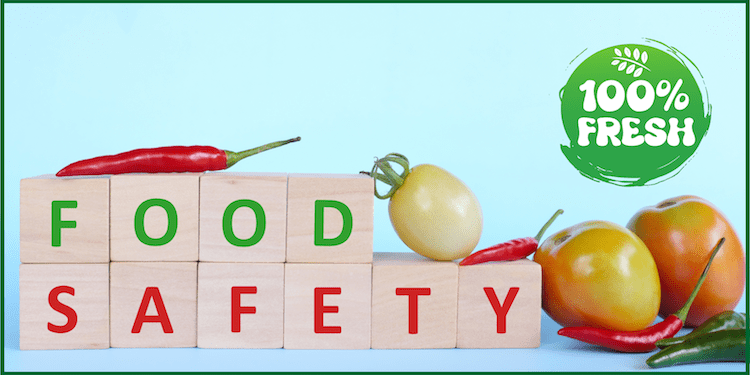Food safety and its quality are crucial aspects of our everyday lives as consumers. Whether preparing a meal at home or dining out, we must be aware of the measures we can take to ensure that our food is safe and high-quality.
On this topic of a consumer’s guide to food safety and quality, we will explore the significance of food safety and quality, highlight best practices for consumers, and discuss the importance of making informed choices regarding food consumption.
Table of Contents
- Understanding Food Safety
- Best Practices for Ensuring Food Safety
- Importance of Food Quality
- Making Informed Choices on Foods
Understanding Food Safety
Food safety involves handling, preparing, and storing food in ways that prevent illness and maintain quality. Improper food safety practices can cause food contamination and health problems. It’s essential to be vigilant about food safety at every stage – from purchasing ingredients to cooking and storing food.
Best Practices for Ensuring Food Safety
1. Purchase from reputable sources: When buying food products, choosing reputable and reliable sources is essential. Whether it’s a local farmer’s market or a grocery store, ensure the food is sourced from approved suppliers.
2. Proper storage: Proper storage of food items is critical to maintaining their safety and quality. To prevent contamination, we must ensure that perishable items, such as meat, poultry, and dairy products, are refrigerated promptly and leftovers are stored in airtight containers.
3. Safe food preparation: Proper food preparation techniques are essential. These include washing hands and surfaces frequently, separating cooked and raw foods, and cooking foods to the appropriate temperatures to kill harmful bacteria.
4. Mindful consumption: Being mindful of expiration dates, inspecting food for signs of spoilage, and avoiding cross-contamination are essential for ensuring food safety at home.
Importance of Food Quality
Apart from safety, food quality is equally important. High-quality food enhances the dining experience and provides essential nutrients for good health. Freshness, taste, nutritional value, and absence of foreign substances contribute to food quality.
Making Informed Choices on Foods
As consumers, we have the ability to make informed decisions about the food we eat. Reading labels, understanding where our food comes from, and supporting sustainable and ethical practices in food production are integral to making responsible choices.
Bottomline
In conclusion, maintaining food safety and quality should be a priority for everyone. By following best practices, being mindful consumers, and promoting sustainable food practices, we can contribute to a safer and healthier food environment for ourselves and future generations.
Let’s remember that our choices matter when it comes to food, and together, we can create a culture of responsible food safety and quality.
Do you enjoy this reading? Kindly share with family, friends, and colleagues. Thanks! 🙂



